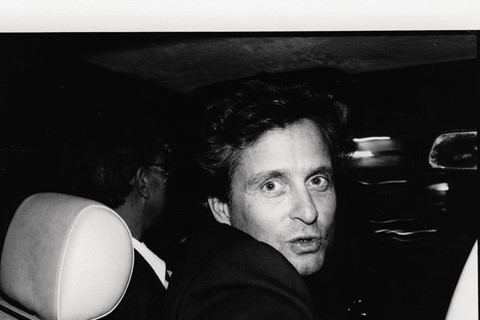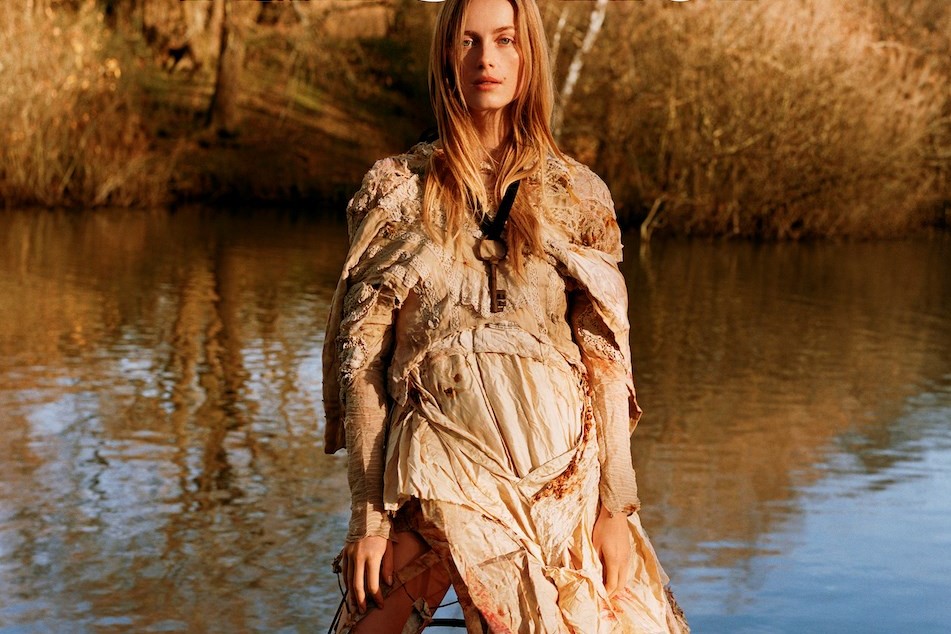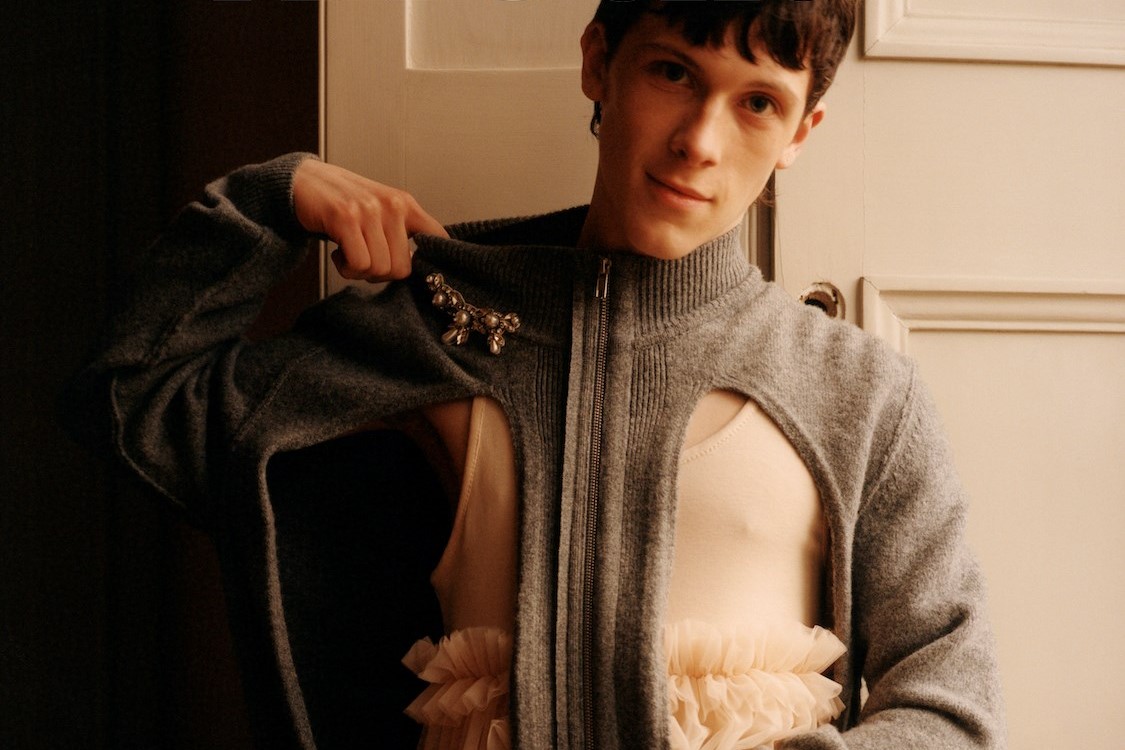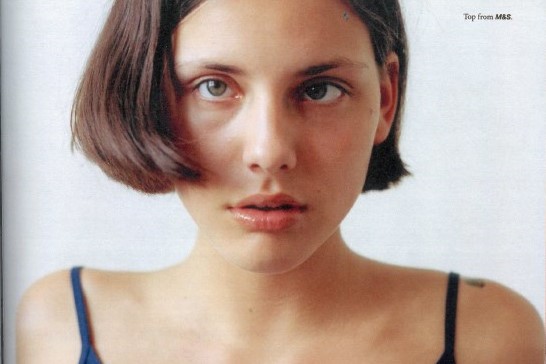Another Man meets the filmmaker telling the glittering tale of Michael White, the man known as The Last Impresario
It’s been said that Michael White is the only person you need to know, to know everyone in London. Today, he has 101 stage productions and 27 films to his name. A trailblazing producer, playboy, gambler and hellraiser, he has been the effervescent enigma at the centre of London nightlife for decades. Born before the war, he has partied with the Chelsea set and the hippies, the punks and new wavers – he was even clubbing with Kate and Naomi in the 90s. He is as notorious for his superhuman social stamina and the beautiful women on his arm as for his boundary-pushing film and stage productions. With a reputation for taking huge risks on projects he believed in, he made and lost several fortunes along the way, his luck rollercoastering between smash hits and dismal flops. For White it was always less about the money than the show – and the party afterwards.
Here we speak to Australian filmmaker Gracie Otto, the young director of a new documentary on the producer, The Last Impresario. Otto clocked him at a Cannes party in 2010: “At the Opening Night after party, I noticed this elegant old man with a walking stick who seemed to be the centre of attention. I offered to get him a drink and he asked for my phone number which I thought was hilarious.” For three years, Otto followed White with her camera, crafting a beguiling, celebratory tribute weaving Super 8, newsreels, and commentary from 60 of his closest friends, including Kate Moss, Anna Wintour, Yoko Ono, John Waters and Naomi Watts. As the impresario is profiled for the current issue of Another Man, we speak to filmmaker Otto about her experiences making the film, creating the cinematic portrait of "the most famous person you have never heard of".
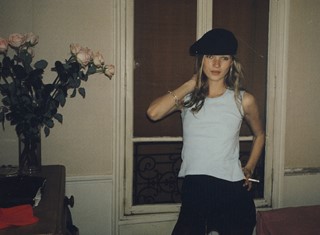
What’s your favourite Michael White story?
I love to imagine the time in 1973 when Michael met with the director and writer of The Rocky Horror Show, in a basement off the Kings Road. They had this idea for a low-brow, sci-fi musical they thought might have limited appeal. They played a few songs on acoustic guitar. Michael decided to produce it for a budget of £2,000 at the little upstairs Royal Court Theatre. Nobody could have imagined that The Rocky Horror Show would be still running today…
You gathered an amazing array of his famous friends for this film…
I loved meeting Kate Moss at the Bulgari Hotel penthouse! She and Michael share a birthday and she was so natural and generous talking about him. She said: “He was unstoppable – completely unstoppable. They don’t make them like that any more. He’s that old school classic.”
I tried to catch John Cleese for three years and finally he said, “I’ll meet you on the 15th in Monte Carlo.” He told me a funny story about shooting the first Monty Python film that Michael helped produce. The budget was small and he was told he would have to share a hotel room in Scotland and he roared laughing – “I thought I was a film star. I didn’t think Cary Grant shared hotel rooms.” And I interviewed Yoko Ono in New York. She really appreciated that Michael produced her first work in London – “Most producers were trying to give an opportunity to male artists. He didn’t care if it was a woman or man.”
It took three years to make the film - was Michael always happy to have you around?
Michael would have been happy if I had finished the film two years ago – he was always saying “Enough! Enough!” But I wanted to do justice to his incredible life story. I was basically funding it myself. I would get a job in Australia or Paris and make a bit of money and then buy a plane ticket to wherever in the world Michael might be: Cannes, Los Angeles, London, New York…
Michael isn’t someone who likes dwelling on the negative – was it difficult getting him to talk about the more painful things in his life – his health troubles, and his financial losses for example?
Michael never wants to talk about the negative times in his life – he is a complete optimist and makes the most of every day. He loves life and he loves being with people. It’s more difficult now because he is older and frailer. He once said to me, “I went out every night for 40 years. I can’t go out every night now.” Maybe not every night, but I still have trouble keeping up with him.
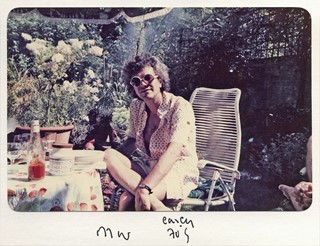
The documentary is reminiscent of the Robert Evans documentary The Kid Stays in the Picture. Have we lost those larger-than-life figures these days?
I love that Robert Evans film about his Hollywood heyday. The days are long gone for the “Impresario Producer” – the old fashioned showman. Times have changed – once Michael could put up his own money or maybe get together a small number of investors to each put in $5,000. Now shows need corporate investment of millions of dollars. It’s a great shame because nobody can afford to take a risk these days. Michael was one of the great risk-takers.
Click here for all details about the imminent release of The Last Impresario and read more in the latest issue of Another Man, available here.
Text by Hannah Lack
